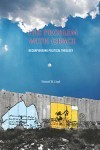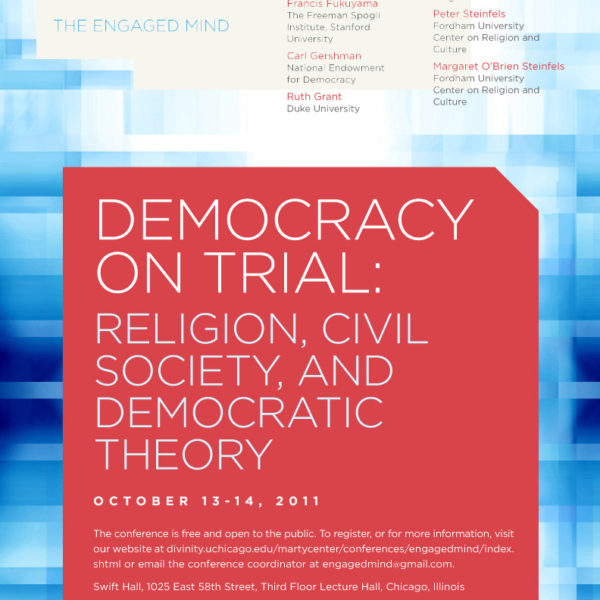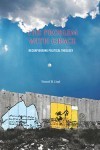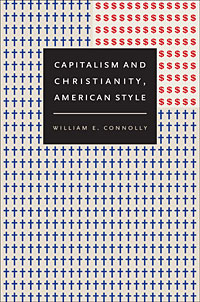
First, I want to take social practices and norms as foundational. They do not come from anywhere else, not from people or institutions or God. It is practices and norms all the way down, as it were. Second, I want to present practices and norms as always in conflict. Norms are derived from practices, but they always misrepresent practices; practices are pulled towards norms.

What is the state of our democracy? Is democracy good for the world? How does religion support or hinder democratic practice? Throughout her career, Jean Bethke Elshtain has challenged both liberal and conservative approaches to politics, emphasizing the crucial role that the mediating institutions of civil society play in a successful democracy. She has identified the forces that oppose democracy: identity politics, utopianism, and an elitism that denies ordinary people the prerogatives of citizenship. Yet she has consistently maintained a realism tinged with hope, pointing to Jane Addams as an exemplar of lived democratic practice.

Locating a middle requires, first, the critique of ideology, which determines the options that appear before us. But the critique of ideology requires an attentiveness to tradition, and to social practices and norms. The “Continental” side talks a lot about ideology critique, but rarely does more than gesture towards those social realities.
This speaks to a division in our politics, a separation of policy from the profound. President Obama sounded like a technocratic Ronald Reagan – optimistic that we can out-compete emerging nations.
